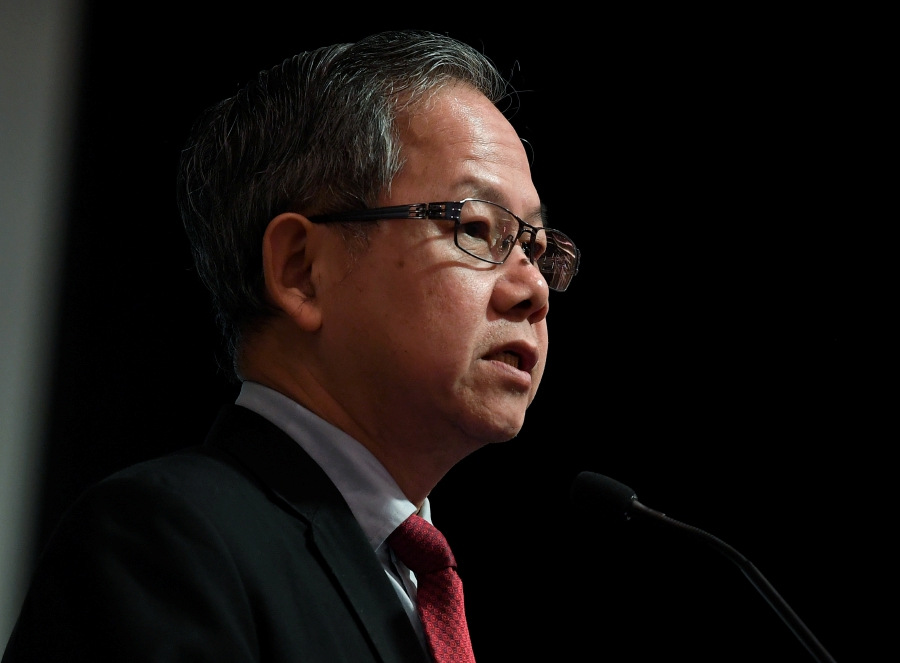
MOH urges private sector to step up Covid-19 precautionary measures
by Tharanya ArumugamKUALA LUMPUR: The private sector is encouraged to take precautionary steps amid the ongoing Covid-19 coronavirus outbreak.
Deputy Health Minister Dr Lee Boon Chye said hotels, for example, could conduct regular temperature screening to identify travellers or employees with respiratory illness symptoms such as cough and runny nose.
“We also encourage the private sector to use thermal scanners. For instance, it would be easier (to detect cases) if hotels have thermal scanners.
“However, this (device) is pricey, as one unit could cost over RM40,000,” he told reporters after attending the Malaysian Society of Hypertension Annual Scientific Congress 2020 here, today.
Dr Lee said with the additional 26 thermal scanners to be installed at the country’s entry points, there will be sufficient monitoring measures to examine suspected carriers of Covid-19.
“We have done our mapping on the number of thermal scanners required. That (an additional of 26) is the number we need.
“With this addition, we will have about 80 thermal scanners throughout the country at all entry points,” he added.
Previously, there were only 54 thermal scanners nationwide. There had been a demand for more scanners at the Customs, Immigration and Quarantine Complex (CIQ) in Johor.
On the date of the first meeting between Malaysia and Singapore as part of a joint working committee formed to tackle the outbreak, Dr Lee said it will likely be decided next week.
“The date has not been fixed. Our officers are working on the details of the various points of cooperation.
“If both sides agree, then we will either have a face-to-face meeting or a video conference. I’m planning on heading to Singapore or Johor Baru, but we might have to see the schedule of both sides.”
Dr Lee said the committee, to be headed by him and his Singaporean counterpart, will be looking into three areas – cross border screening on both sides; sharing of information on public health, clinical or research data; and transfer of patients upon requirement.
“If there are Malaysians admitted at Singapore hospitals or vice versa (Singaporeans in Malaysian hospitals), we have to look into the details of the transfer. Both parties agreed to offer a free transfer service if a patient is found to be infected.”
Singapore has a total of 58 cases, while Malaysia has 19 cases.
Singapore raised its response to the outbreak to “Code Orange” because of “heightened risk”. Under the Disease Outbreak Response System Condition or Dorscon, “Orange” means the outbreak is deemed to have moderate to high public health impact.